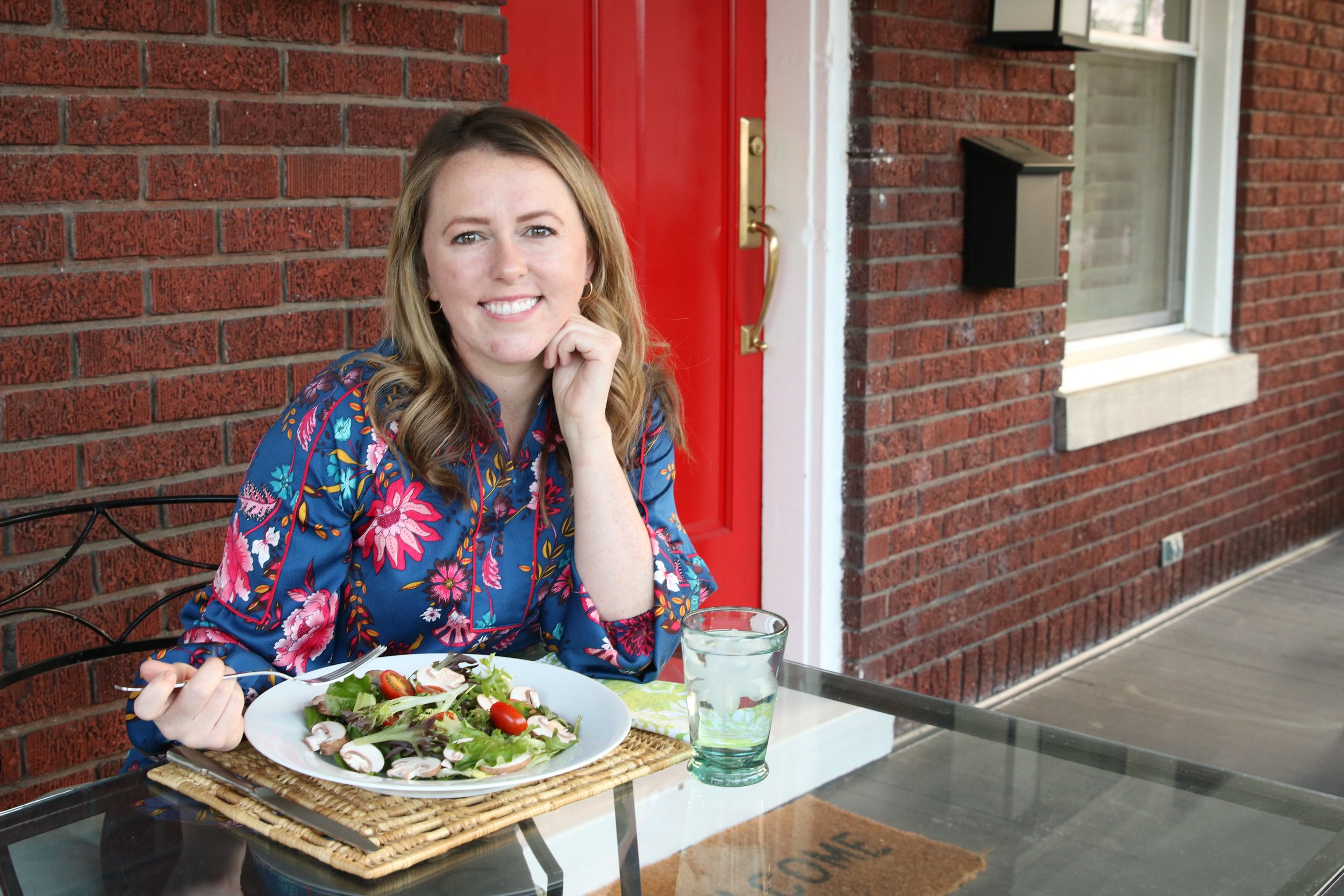Damp January: A Superior Alternative to Dry January
Note: If you are struggling with alcoholism or struggle with sobriety, this post isn’t written specifically for you. Take this blog with a grain of salt.
What Is Dry January?
I’m sure many of you have heard of “Dry January” but if you haven’t, Dry January was a term coined in the United Kingdom in 2013 for a campaign to raise money for alcohol abuse and treatment.
According to the Cambridge Dictionary, Dry January is “the practice of avoiding drinking alcohol during the month of January to be more healthy.”
Over the past few years, Dry January has become a very popular thing for people to do in the first month of the year. “New year. New me”, right?
Most people do this as a “fresh” way to start the new year. Some people do this because they believe they over-indulged during the holiday season and need to “detox” for the month after.
Other times, people commit to Dry January because their diet says to. I’m talking about you, Whole30.
A Dietitian’s Approach to Dry January
If you didn’t know already, I’m a dietitian—but not just any dietitian. I specialize in intuitive eating strategies to help people move beyond fad diets to create long-term results for a happier and fuller life.
Dry January and Intuitive Eating
For a dietitian that thinks about intuitive eating a lot, Dry January just sounds diet-y.
It plays into the “All or Nothing Mentality” which leads us to a discussion about why diets don’t work.
The “all or nothing mentality” is just that, you either have to give 0% or 100% and there is no in-between.
If you are giving up sweets you have to 100% give up sweets for this restrictive diet or “lifestyle” to be successful.
If you end up having a donut or cupcake then you have failed or ruined your diet and must restart with that 0 or 100% mentality in mind.
That way of living is not realistic. We’re humans. We aren’t perfect! Of course, you’re going to eventually have sweets—and that’s okay.
How Dry January Can Create an Unhealthy Relationship with Food
The effects of living in a constantly living in a yes-or-no, all-or-nothing mentality can lead to disordered eating and unhealthy relationship with food.
The same applies to drinks. Here are some questions I ask clients when they mention wanting to do Dry January:
What happens once the 30 days are over?
Are you planning a big drinking celebration?
Will you immediately feel guilty for having several drinks and then try another month of no drinking only to repeat this cycle?
It just doesn’t make sense to be so black and white.
Thinking Through Dry January
Let’s think through the logistics of taking a month off of drinking:
What if you’re going on a bachelorette this month, or if your birthday is in January?
What if you want to have a cocktail to celebrate but can’t because you’ve committed to this “diet”?
How is this level of restrictiveness healthy—both mentally and physically?
What Are You Substituting Alcohol With?
You also need to think about what you’re replacing alcohol with. Most people focus on replacing alcohol with water. That’s great, and we all could benefit from drinking more water.
However, we all have our guilty pleasures. I’m in Kentucky, and Ale 8 is a very popular soft drink here.
If you’re out with friends and just replacing the alcohol with soft drinks, there’s a conversation to be had about what benefits you’re actually getting from Dry January at all.
I’m not saying you should go overboard and binge drink to celebrate your birthday, but I am saying that if you can responsibly enjoy a cocktail or two, then what’s the harm?
Potential Benefits of Dry January
There are plenty of reasons why Dry January and limiting your alcohol intake are beneficial to our physical, mental, and emotional health.
If you want to participate in Dry January because you don’t have any events coming up and you want to challenge yourself to see what being sober is like for a month, please do! I think that is amazing.
But if you are participating in Dry January because you believe it will lead to weight loss and is the only way to detox, then you may want to reconsider.
A Better Alternative: Damp January
You could always try Damp January, which is a relatively newer concept that better aligns with intuitive eating concepts.
It’s more flexible, less restrictive and avoids all the pitfalls of the Dry January concept.
But first, what is Damp January? I’m going to quote Urban Dictionary, so bear with me here.
It’s defined as “a lesser version of dry January for those of us that need to celebrate special events or just want a drink.”
How To Do Damp January
If you do choose to do Damp January or to carry on with your typical alcohol intake, maybe this month you could practice being more mindful when it comes to drinking.
Focus on how this drink makes you feel. Ask yourself these questions:
What drink would actually be satisfying?
How do multiple drinks make you feel?
What is your goal with drinking?
Will you have a hangover?
Could you mix in some water or mocktails throughout the night and still enjoy your time?
All of those are great questions in getting you to be more mindful of what your motivation is for drinking.
Whatever you choose, I hope it fits and serves you! We are all different. We all have different needs and satisfactions. The most important thing is that you are taking care of yourself.
Ready to Move Beyond Restrictive Diets?
Ready to work with a dietitian or just have a question? Send a message today.
Elizabeth McIntyre is a registered dietitian based in Louisville, KY. She enjoys helping normal people, just like you, find balance in their life through intuitive eating strategies.





